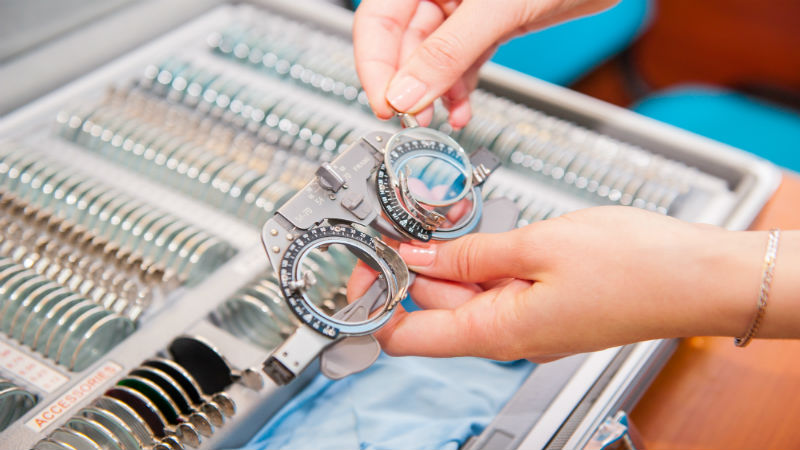Are you noticing a change in your vision as you get older? Are objects becoming foggy or blurry? You might be experiencing a common eye condition called cataracts. An ophthalmologist can restore your vision with standard cataract lenses.
As we age, many of us experience a reduction in our quality of vision. Cataracts are a common factor of aging and often the primary culprit behind vision loss in seniors.
Cataracts affect the eye’s natural lens, which helps you perceive colors, shapes, and depth. This lens begins to become cloudy over time due to a build-up of protein, making objects appear dull and hazy.
An ophthalmologist can replace the natural lens with a synthetic product called an intraocular lens or IOL to restore your vision.
You can choose from two distinct types of cataract lenses — multifocal and monofocal. A monofocal IOL will correct your vision at a specified distance, whereas a multifocal alternative allows you to see at all distances.
A third option called monovision enables surgeons to correct your vision for both distance and near vision with monofocal IOLs set at different focal lengths.
Choosing the right lens
When deciding on an intraocular lens replacement, visit a clinic that offers several options. There are a variety of lens implants available and knowing the difference between each one is a vital aspect of your treatment.
Many insurance plans cover standard cataract lenses like monofocal lenses. Other advanced-technology IOLs may not always be included, but they can offer you more versatility and freedom from glasses.
For example, multifocal lenses can help you focus at multiple distances, making them a better option for a patient who would prefer to reduce their reliance on glasses.
Any of the available lens options will enhance your color perception, as well as removing the blurry or yellowish haze in your vision.
Although monofocal lenses are the most popular type, most patients will need glasses to help them focus at other distances. For instance, if a patient has monofocal lenses set for distance vision, they will require glasses for close work.
Finding the right provider
As you make this and other vital decisions surrounding your cataract surgery, it is best to choose a doctor or clinic that offer a range of products and techniques. Consult a reputable clinic in your area to ensure you get the best care and results.
